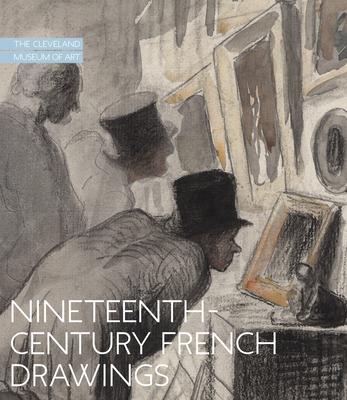This volume is a survey of the remarkable quality and range of the Cleveland Museum of Art's collection of French drawings, one of the best such collections in the United States
Nineteenth-Century French Drawings explores the history of this medium, and chronicles the remarkable part it has played throughout the past decades at the Cleveland Museum of Art. There are works by such iconic artists as Honor Daumier, Berthe Morisot and Auguste Renoir, a luminous coloured pencil study by symbolist artist Alexandre Son and a group of "noir" drawings--named for their use of varied black drawing media--by Henri Fantin-Latour, Albert-Charles Lebourg and Adolphe Appian, among others. Entries illuminate the role of drawing within 41 artists' works and five essays by leading scholars shed new light on the making and collecting of drawings in France during this extraordinary period.
In nineteenth-century France, drawing expanded from a means of artistic training to an independent medium with rich potential for experimentation. A variety of new materials became available to artists, encouraging figures ranging from Jean-Auguste-Dominique Ingres to Paul Cezanne to reconsider drawing's place within their practice. Public and private exhibition venues increasingly began to display their works, building an audience attracted by the intimacy of drawings and their unique techniques and subjects.
